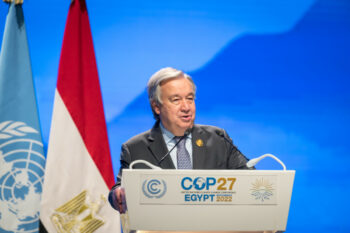Ian Higham

Dr Ian Higham is a Research Fellow in Environmental Politics at LSE’s Grantham Research Institute. He conducts research on multiple projects in global environmental politics with a focus on integrating human rights and climate policy.
Background
Prior to joining the Institute, Ian worked as Lecturer in Political Science and International Relations at Stockholm University and as a Postdoctoral Researcher at the Institute for Futures Studies in Stockholm, Sweden. He remains affiliated with the Transformative Partnerships 2030 research project based at the Institute for Futures Studies, studying multi-stakeholder partnerships’ ability to generate synergies in implementing the Sustainable Development Goals. His previous work mostly concerned the global governance of business and human rights, and his doctoral dissertation studied early adoption at national level of policies for implementing the UN Guiding Principles on Business and Human Rights. Ian holds a PhD in Political Science from Stockholm University, an MSc in Global Politics from the London School of Economics, and a BA in International Affairs from The George Washington University. He has also worked in the private sector as an environmental, social, and governance research analyst and as a sustainability and public affairs consultant.
Research interests
- Human rights and environmental policy integration
- Great power politics and global environmental governance
- Global political economy and climate
- Climate and business & human rights
Research
Research - 2025
The authors of this comment article argue that challenges to judicial independence, deregulation and anti-climate litigation mean that activists need to consider the conditions under which litigation leads to strengthened climate ambition and implementation. Read more

Research - 2024
The authors of this article define and conceptualize the phenomenon of ‘just transition litigation’. Read more
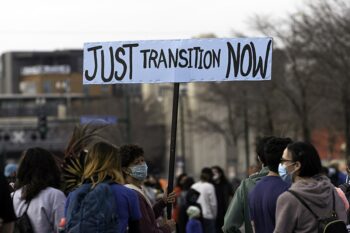
This article aims to explain why national governments choose soft policies in the domestication of international norms even when those... Read more

This review examines the promises and pitfalls of multistakeholder partnerships (MSPs) for sustainable development. We take stock of the literature... Read more

This article examines the 14 climate-related complaints filed under the OECD Guidelines for Multinational Enterprises on Responsible Business Conduct prior to the adoption of the 2023 Update, showing how many of these cases illustrate the potential interlinkages between the human rights and climate change dimensions of the Guidelines. Read more

Research - 2023
Governments sometimes adopt policies that are not aligned with their preferences or have not come onto their agendas when doing... Read more

Policy
Policy - 2025
A response to an open consultation by the United Nations Special Rapporteur on climate change on advancing understanding on how to respect, protect and fulfil all human rights, as well as prevent harm and ensure non-discrimination, in the context of a just transition away from fossil fuels and the phase-out of fossil fuel subsidies. Read more

Policy - 2024
This submission focuses on access to information on climate change and human rights in response to a call for inputs issued by the UN Special Rapporteur on the promotion and protection of human rights in the context of climate change. Read more
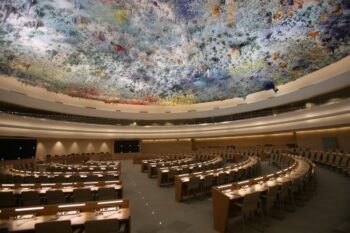
This report consists of a submission by the Grantham Research Institute on Climate Change and the Environment to a call for inputs on corporate accountability in the context of human rights and climate change. Read more
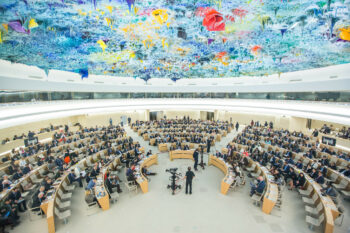
Policy - 2023
This report consists of a response to a call for inputs on ‘Investors, ESG and Human Rights’ by the UN Working Group on Business and Human Rights. It focuses on the climate change-related human rights responsibilities of investors. Read more
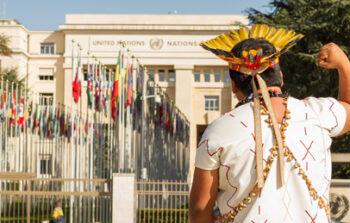
Informed by research conducted using the Climate Change Laws of the World database, this report consists of a submission to a call for inputs on the promotion and protection of human rights in the context of climate change. Read more

Policy - 2022
More needs to be done to ensure the accountability and credibility of net zero commitments made by a range of actors. This response to a UN consultation offers evidence and recommendations on how this can be done. Read more

Events
News
News - 2024
Following the approval of the Corporate Sustainability Due Diligence Directive (CSDDD), this commentary explores the implications of the evolving regulatory landscape for corporate action on climate change. Read more
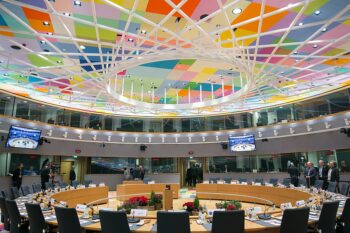
News - 2023
In this commentary, Daniel Berliner, Ian Higham and Joana Setzer argue that the first Global Stocktake may yet produce positive outcomes, even where policy and implementation gaps remain. Read more
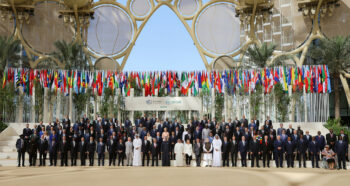
News - 2022
The UN recently published a report on the net zero commitments of ‘non-state actors’, including businesses and cities. Ian Higham examines the key ways the report’s recommendations advance the net zero accountability agenda and discusses potential pitfalls and possible next steps in global governance of net zero. Read more
